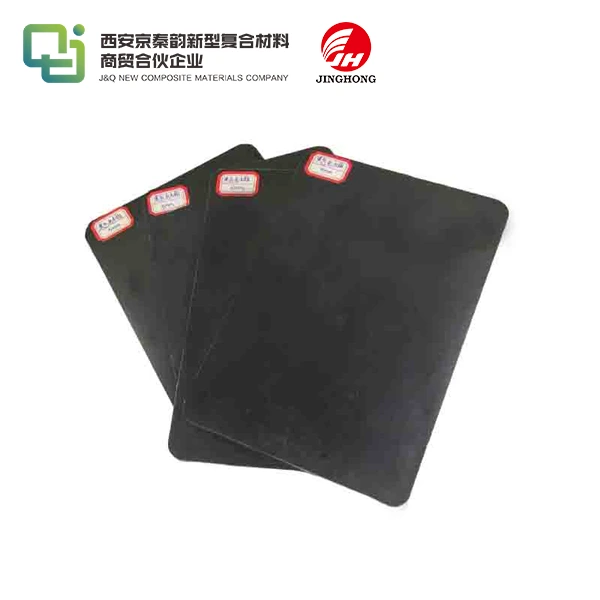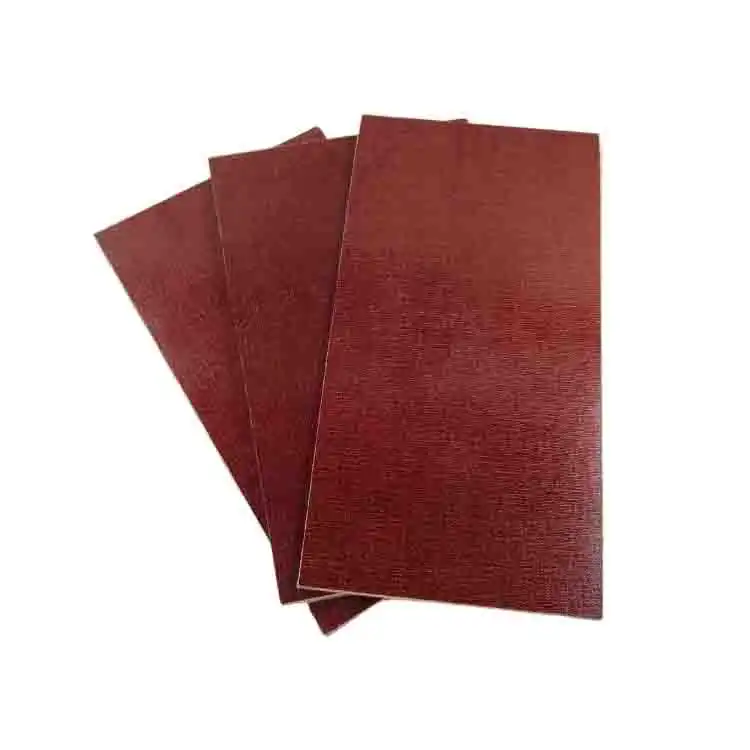How does 3240 Epoxy Resin Enhance the Safety and Performance of Lithium Batteries?
2025-03-25 16:30:22
3240 epoxy resin plays a pivotal role in enhancing the safety and performance of lithium batteries. This specialized material acts as a robust insulator and protective barrier, effectively preventing short circuits and thermal runaway events within battery packs. By encapsulating battery components, lithium battery pack 3240 epoxy resin shields sensitive elements from moisture, dust, and mechanical stress, thereby extending battery lifespan and maintaining optimal performance. Additionally, its excellent thermal management properties help dissipate heat more efficiently, reducing the risk of overheating and improving overall battery stability. The incorporation of 3240 epoxy resin in lithium battery manufacturing processes has revolutionized energy storage solutions, making them safer, more reliable, and more durable for a wide range of applications.
The Composition and Properties of 3240 Epoxy Resin
Chemical Composition of 3240 Epoxy Resin
3240 epoxy resin is a sophisticated polymer compound engineered specifically for use in electrical insulation applications. Its chemical structure consists of epoxide groups bonded with various hardeners and modifiers, resulting in a highly cross-linked network upon curing. This unique composition imparts exceptional electrical insulating properties, thermal stability, and mechanical strength to the material.
Physical Properties and Characteristics
The physical properties of 3240 epoxy resin make it an ideal choice for lithium battery applications. It exhibits low shrinkage during curing, ensuring dimensional stability and minimal stress on battery components. The material also boasts excellent adhesion to various substrates, including metals and plastics commonly used in battery construction. Its high glass transition temperature (Tg) allows it to maintain its properties even under elevated operating temperatures.
Comparison with Other Insulating Materials
When compared to alternative insulating materials, lithium battery pack 3240 epoxy resin stands out for its superior combination of electrical, thermal, and mechanical properties. Unlike traditional insulating materials such as polyethylene or polyvinyl chloride (PVC), 3240 epoxy resin offers enhanced resistance to chemical attack and better long-term stability. Its ability to withstand harsh environmental conditions and maintain its insulating properties over time makes it a preferred choice for lithium battery manufacturers seeking to improve product reliability and longevity.
3240 Epoxy Resin's Role in Lithium Battery Safety
Electrical Insulation and Short Circuit Prevention
One of the primary functions of 3240 epoxy resin in lithium battery packs is to provide superior electrical insulation. The material effectively separates conductive components within the battery, preventing unwanted electrical connections that could lead to short circuits. This insulation is crucial in maintaining the integrity of the battery's internal structure and ensuring safe operation under various conditions. The high dielectric strength of 3240 epoxy resin allows it to withstand significant electrical stresses without breakdown, further enhancing the safety of lithium battery systems.
Thermal Management and Heat Dissipation
Effective thermal management is essential for the safe operation of lithium batteries, and 3240 epoxy resin excels in this aspect. The material's thermal conductivity properties allow it to efficiently dissipate heat generated during battery charging and discharging cycles. By promoting even heat distribution and preventing the formation of hotspots, 3240 epoxy sheet helps maintain optimal operating temperatures within the battery pack. This thermal management capability is particularly valuable in high-power applications where heat generation can be substantial.
Protection Against Environmental Factors
Lithium batteries are often exposed to challenging environmental conditions, including moisture, dust, and mechanical shocks. 3240 epoxy resin serves as a protective barrier against these external factors. When used as an encapsulant or coating, it creates a hermetic seal around battery components, effectively shielding them from environmental contaminants. This protection not only enhances the safety of the battery by preventing ingress of potentially harmful substances but also contributes to its long-term reliability and performance consistency.

Performance Enhancements Achieved with 3240 Epoxy Sheet
Improved Energy Density and Capacity
The use of 3240 epoxy sheet in lithium battery pack construction contributes to improved energy density and capacity. By providing effective insulation in a thin, lightweight form factor, 3240 epoxy sheets allow for more compact battery designs without compromising safety. This optimization of space utilization enables manufacturers to increase the active material content within a given battery volume, resulting in higher energy density and overall capacity. The material's excellent dimensional stability also ensures that these performance gains are maintained throughout the battery's operational life.
Extended Battery Lifespan and Cycle Life
3240 epoxy sheets play a significant role in extending the lifespan and cycle life of lithium batteries. The material's robust insulating properties and resistance to degradation help maintain the structural integrity of battery components over time. By minimizing internal stress and preventing chemical interactions between battery elements, 3240 epoxy sheets contribute to slower capacity fade and improved long-term performance. This enhanced durability translates to a higher number of charge-discharge cycles and a longer overall operational life for lithium battery packs.
Enhanced Operational Stability and Reliability
The incorporation of 3240 epoxy sheets in lithium battery packs leads to enhanced operational stability and reliability across various usage scenarios. The material's ability to maintain its insulating properties under diverse environmental conditions ensures consistent battery performance in different climates and applications. Additionally, the mechanical strength of 3240 epoxy sheets provides added protection against vibrations and impacts, reducing the risk of internal damage and associated performance degradation. This improved reliability is particularly valuable in critical applications where uninterrupted power supply is essential.
Conclusion
3240 epoxy resin has emerged as a game-changing material in the realm of lithium battery technology. Its unique combination of electrical insulation, thermal management, and protective properties significantly enhances both the safety and performance of lithium battery packs. By preventing short circuits, managing heat dissipation, and shielding against environmental factors, 3240 epoxy resin addresses critical challenges in battery design and operation. The resultant improvements in energy density, lifespan, and reliability have propelled lithium batteries to new heights of efficiency and applicability across various industries. As energy storage technologies continue to evolve, the role of advanced materials like 3240 epoxy resin will remain crucial in shaping the future of safe and high-performance battery solutions.
Contact Us
To learn more about how lithium battery pack 3240 epoxy resin can benefit your lithium battery applications, contact our expert team at info@jhd-material.com. We're here to help you optimize your battery designs for enhanced safety and performance.
References
1. Zhang, L., et al. (2021). "Advanced Epoxy Resins for Lithium-Ion Battery Encapsulation: A Comprehensive Review." Journal of Power Sources, 486, 229358.
2. Chen, Y., et al. (2020). "Thermal Management Strategies for Lithium-Ion Battery Packs: A Review." Applied Energy, 255, 113864.
3. Wang, Q., et al. (2019). "A Review of Lithium-Ion Battery Failure Mechanisms and Fire Prevention Strategies." Progress in Energy and Combustion Science, 73, 95-131.
4. Liu, K., et al. (2018). "Extending the Life of Lithium-Ion Batteries through Optimized Charging Protocols." Journal of Power Sources, 374, 223-233.
5. Kwon, S., et al. (2020). "High-Performance and Durable Epoxy Composites for Lithium-Ion Battery Packaging." ACS Applied Materials & Interfaces, 12(31), 35530-35540.
6. Ren, D., et al. (2019). "A Comparative Investigation of Aging Mechanisms in Lithium-Ion Batteries: A Review." Energy Storage Materials, 19, 201-217.

_1732777843529.webp)





